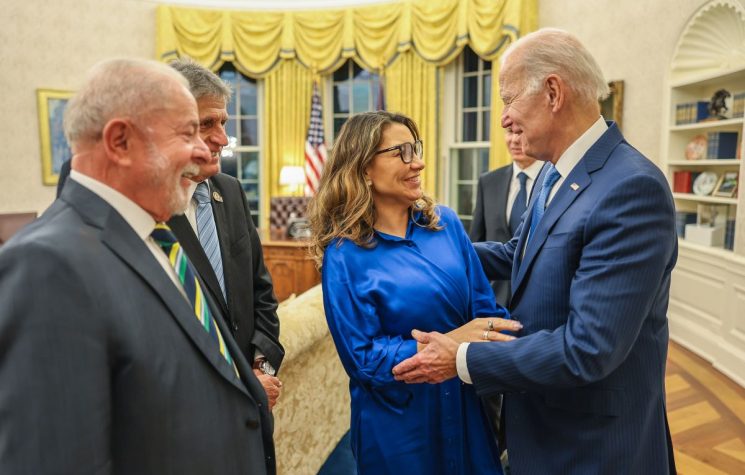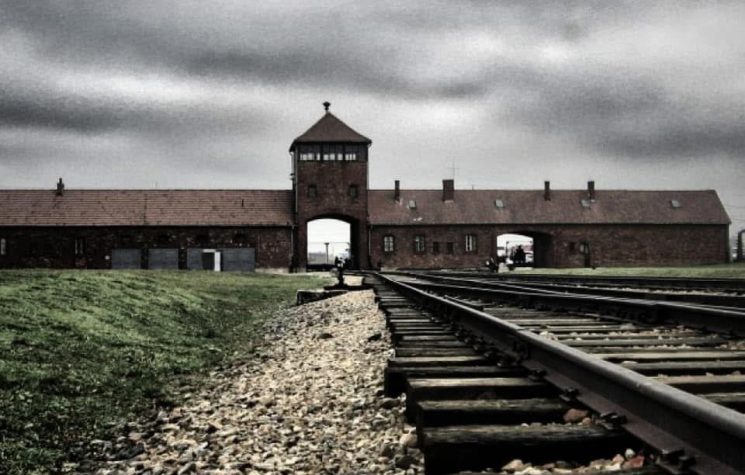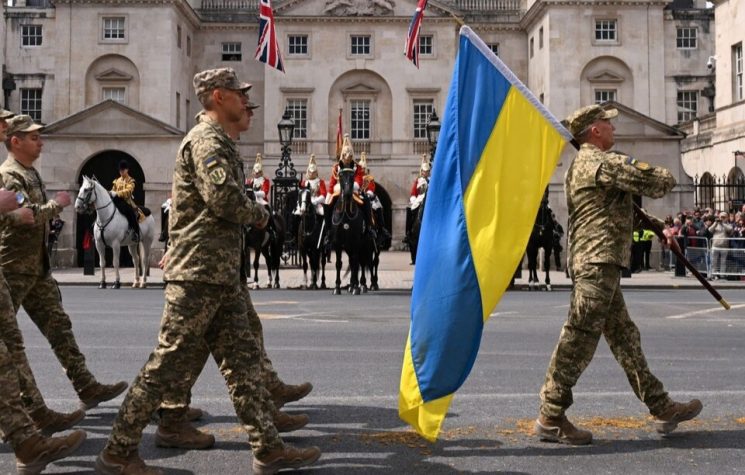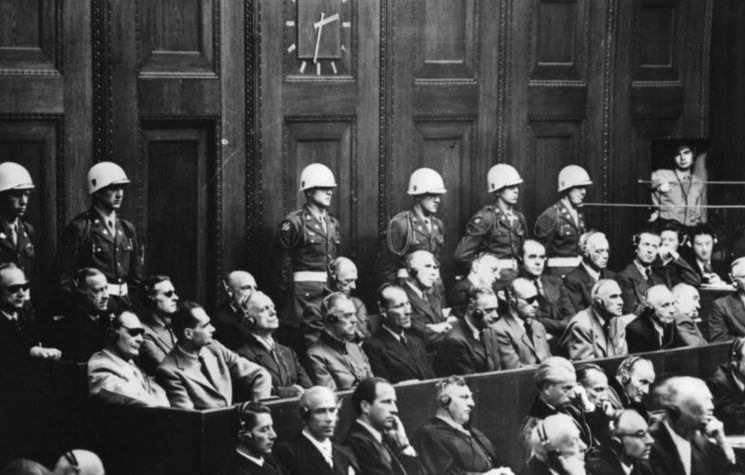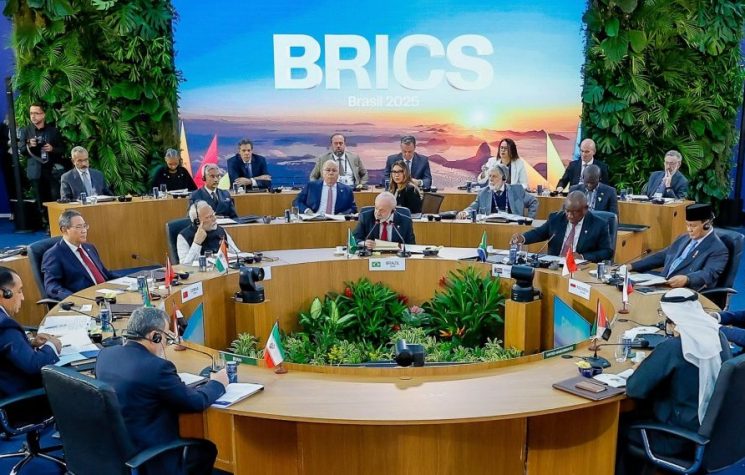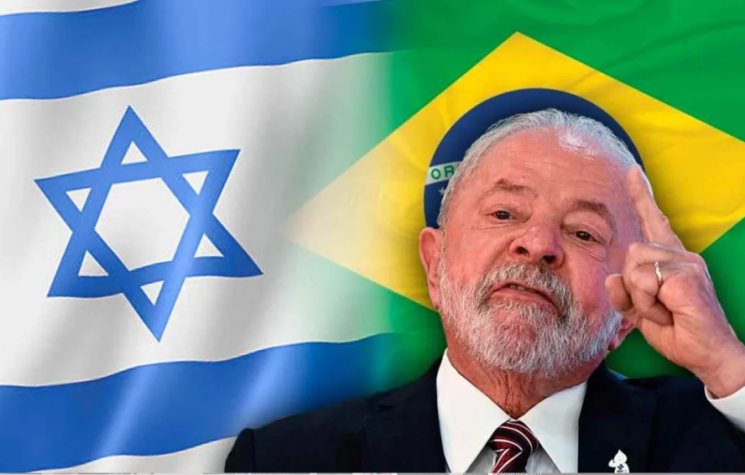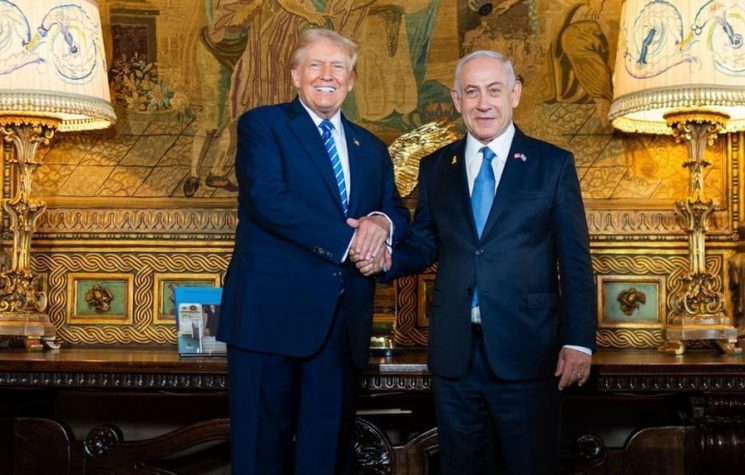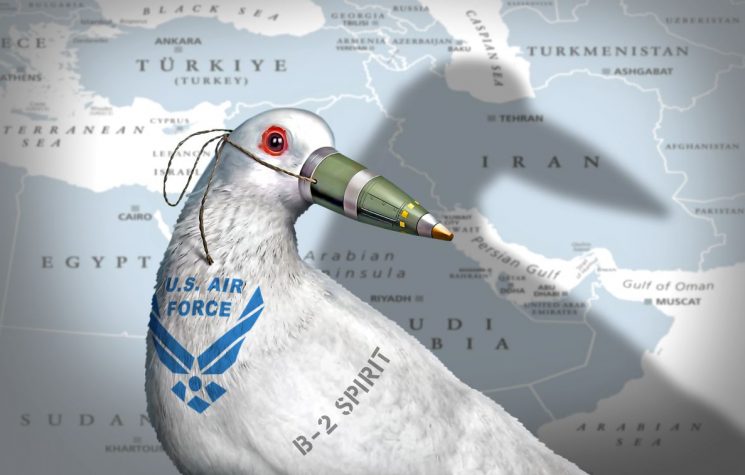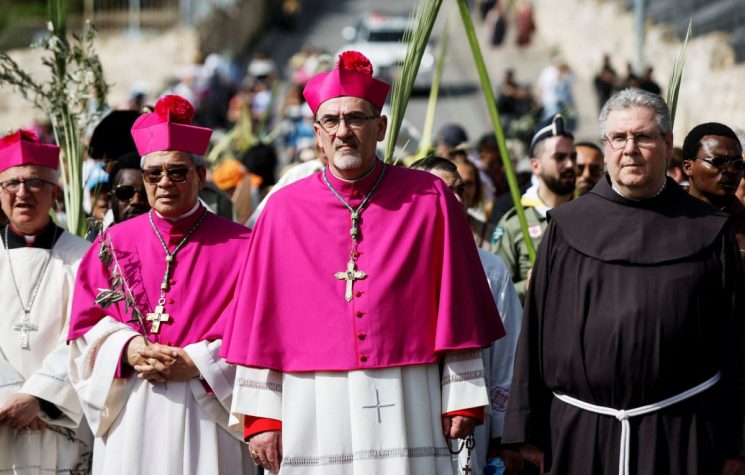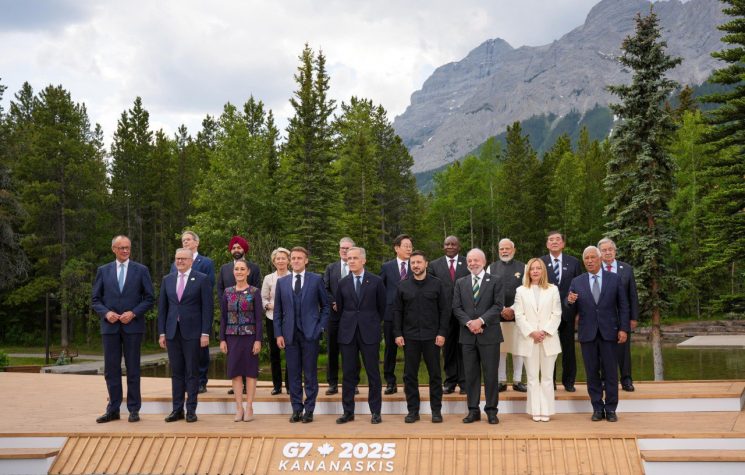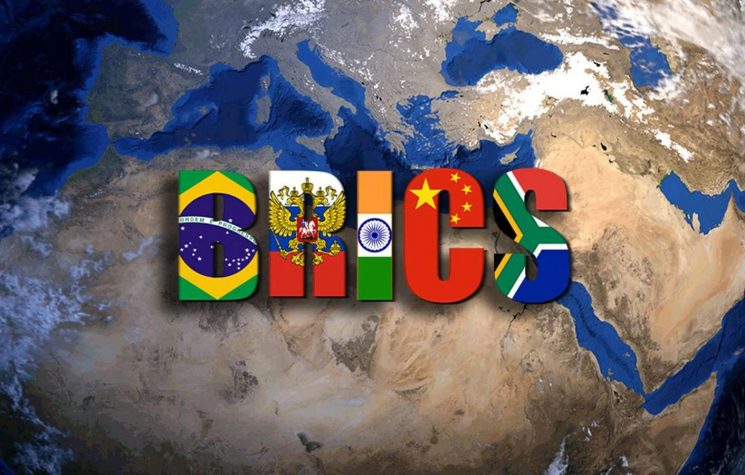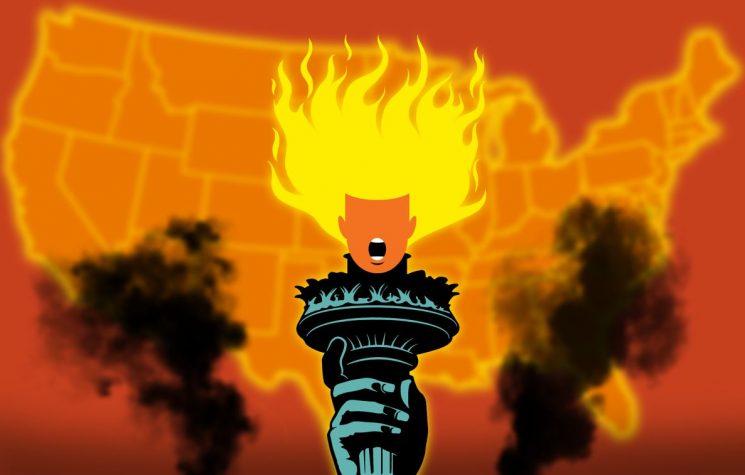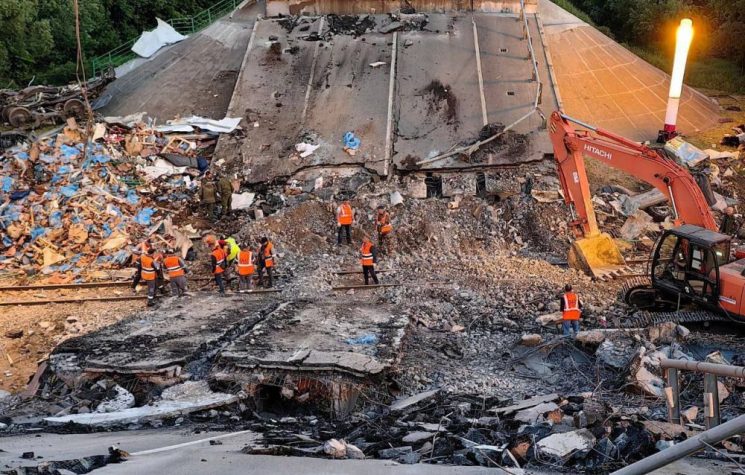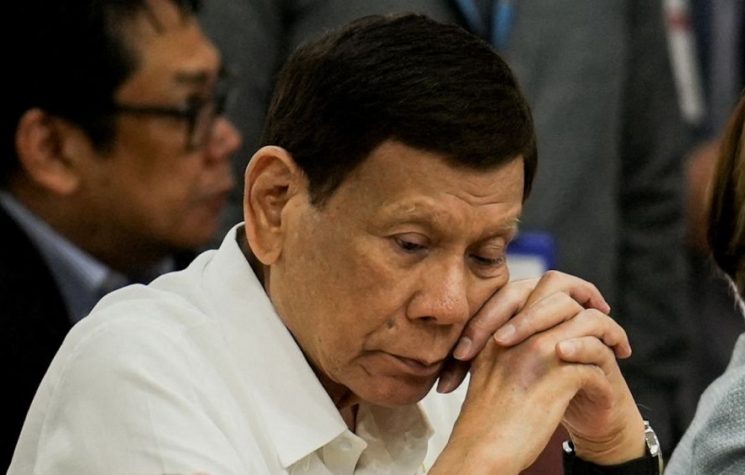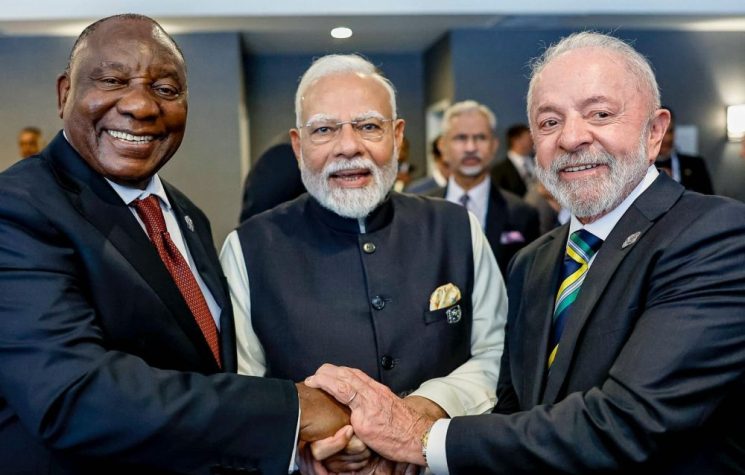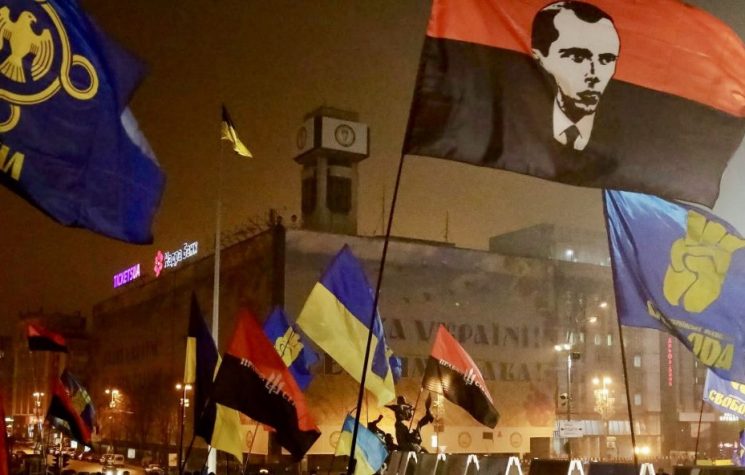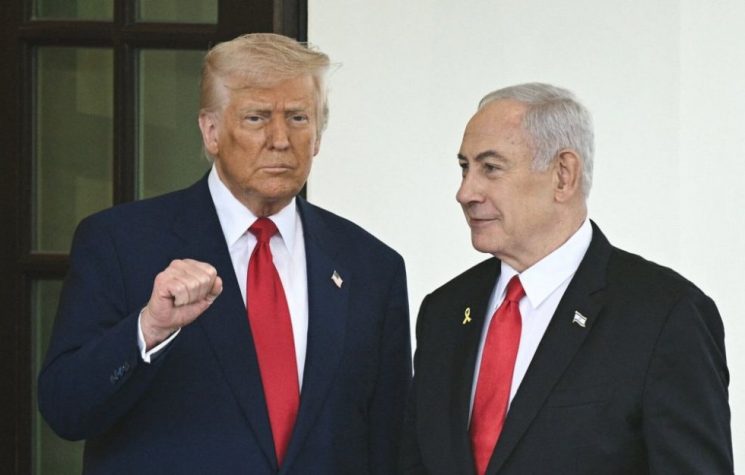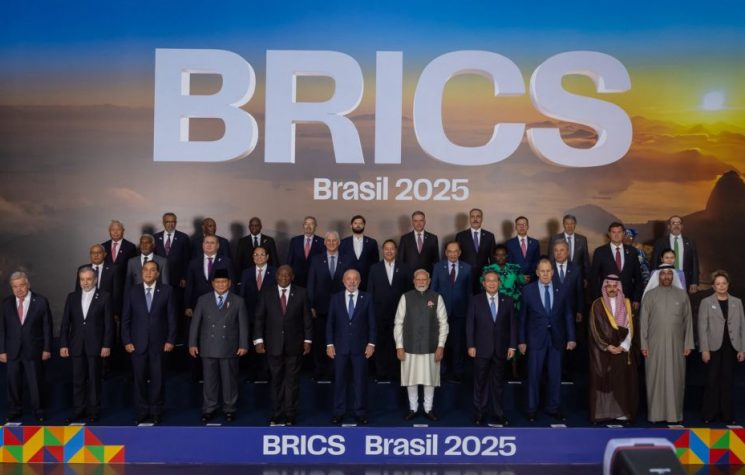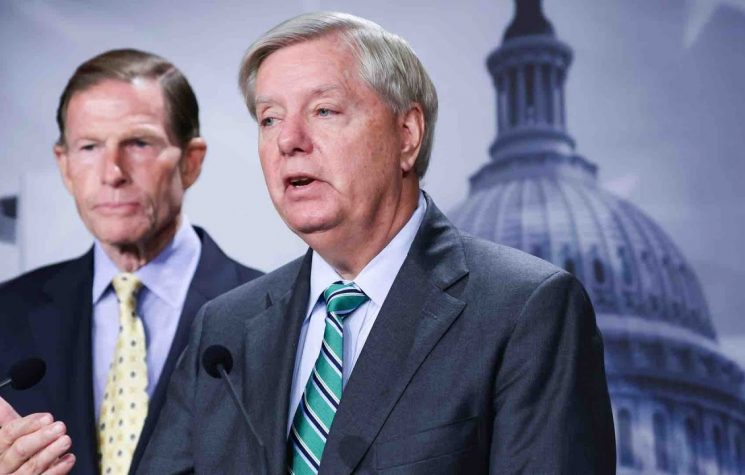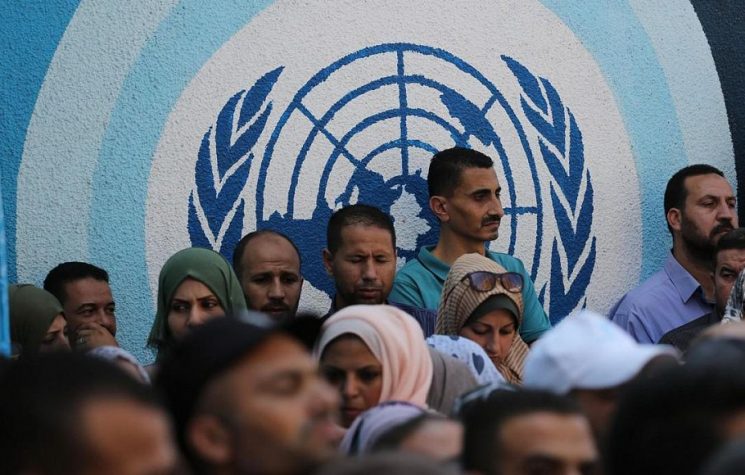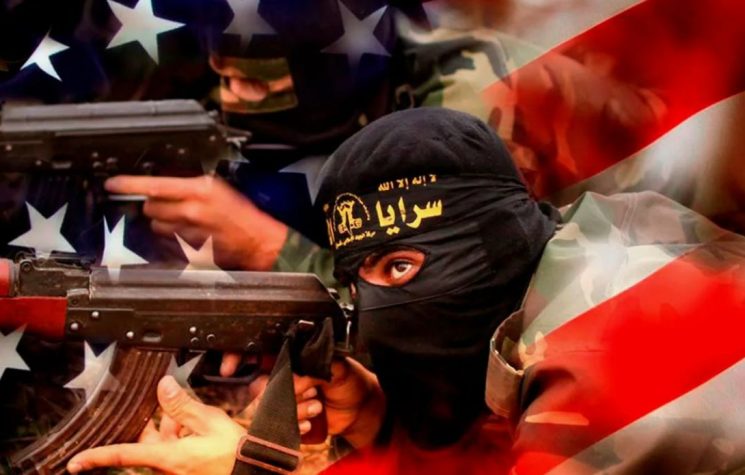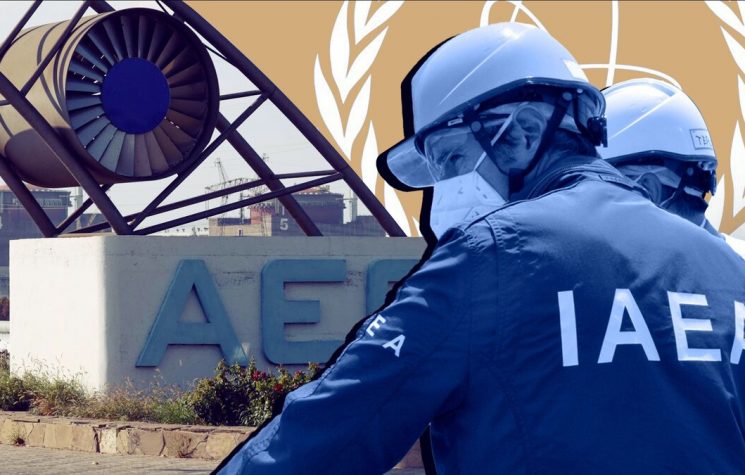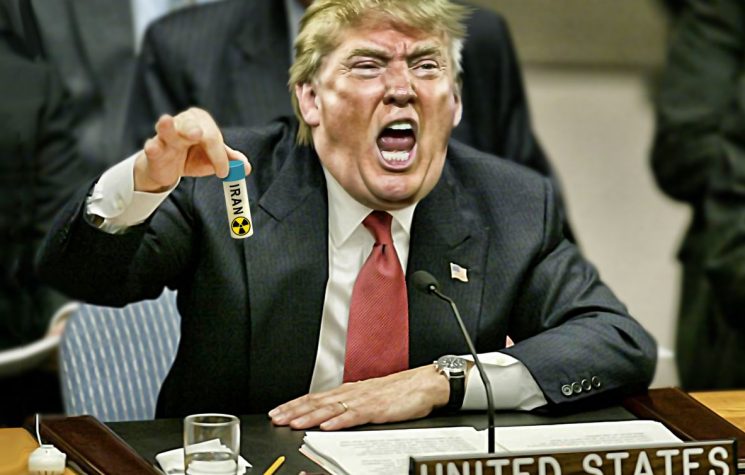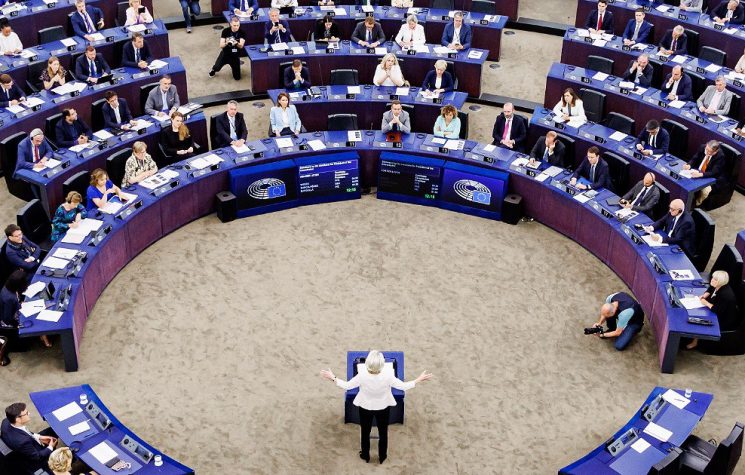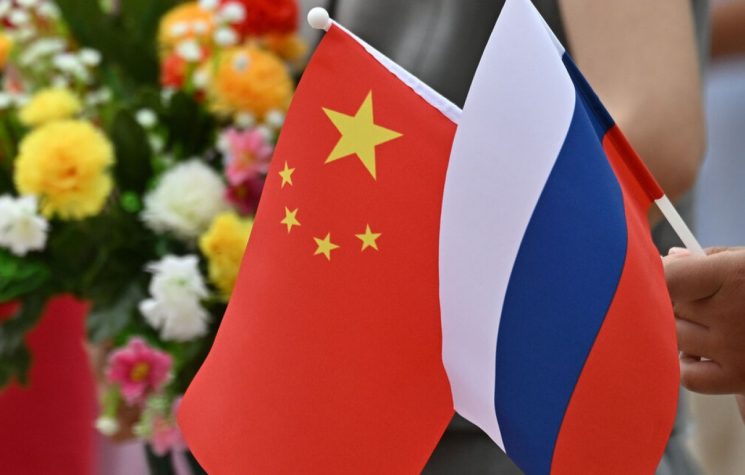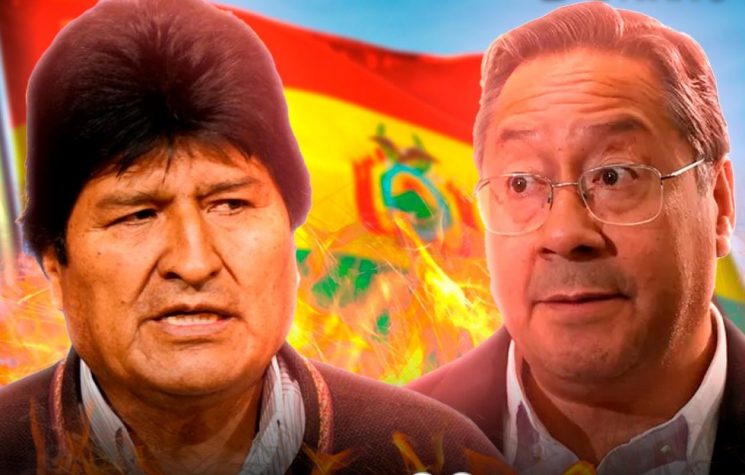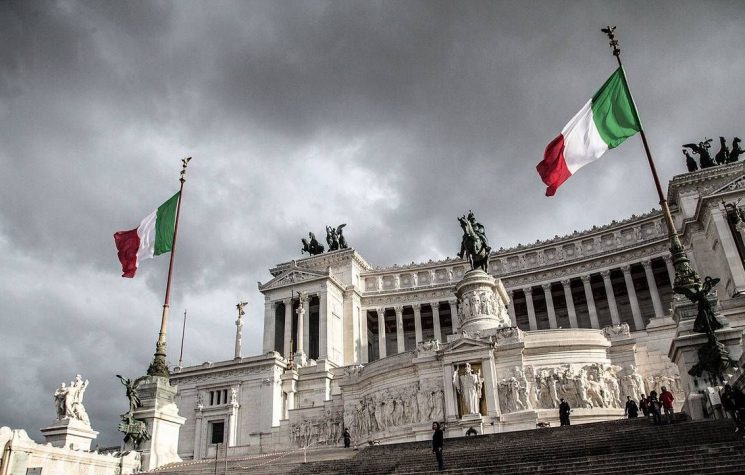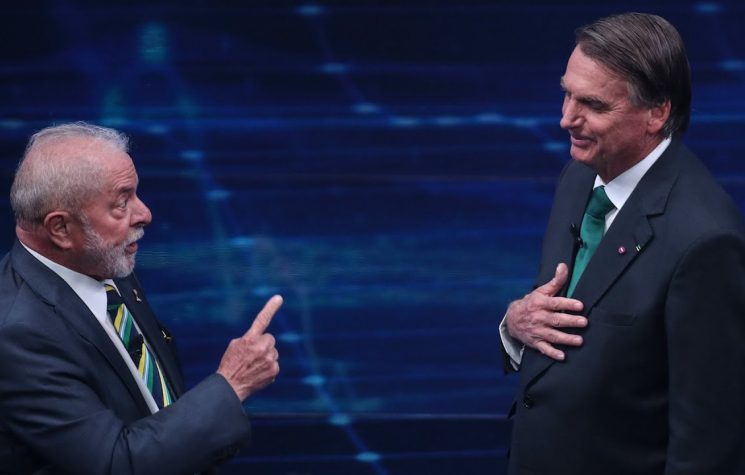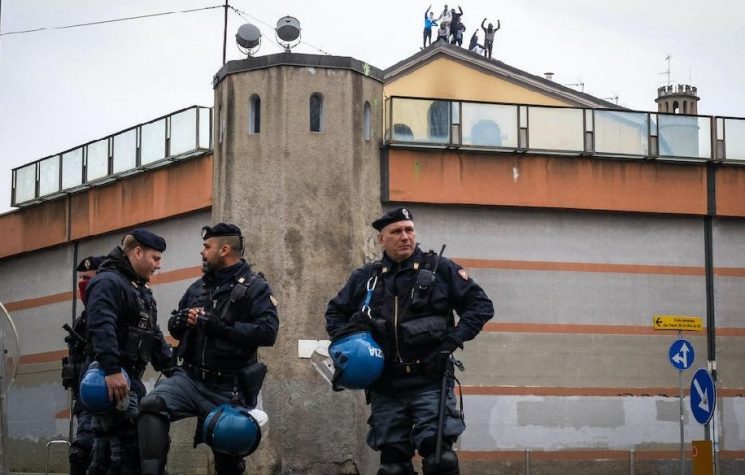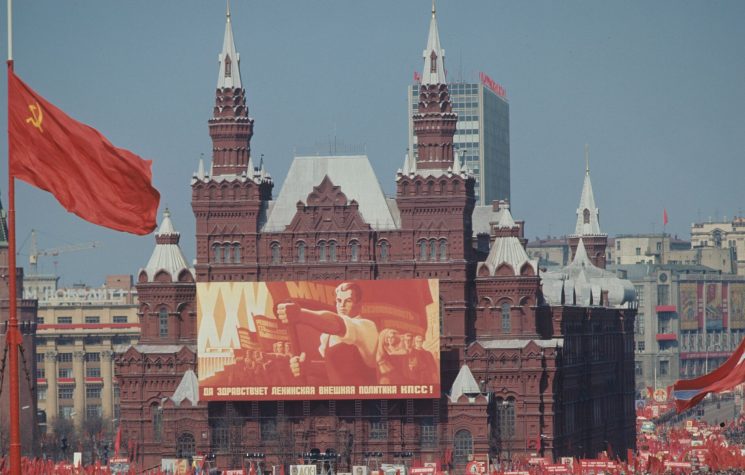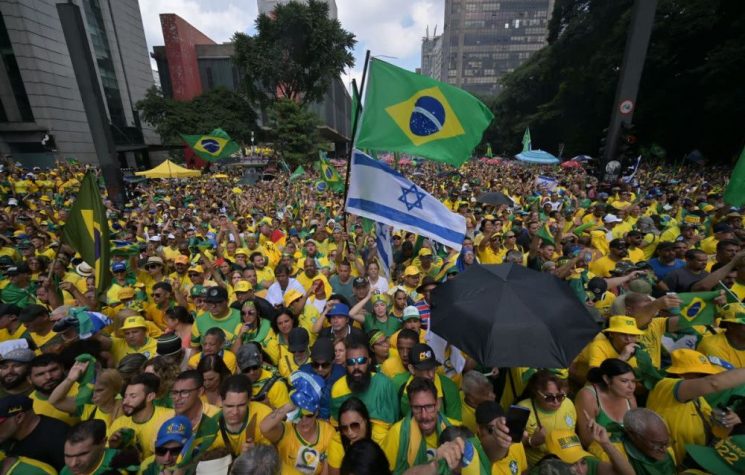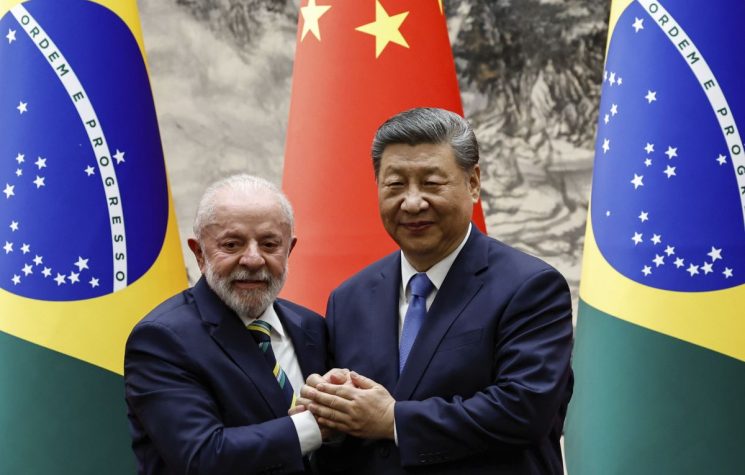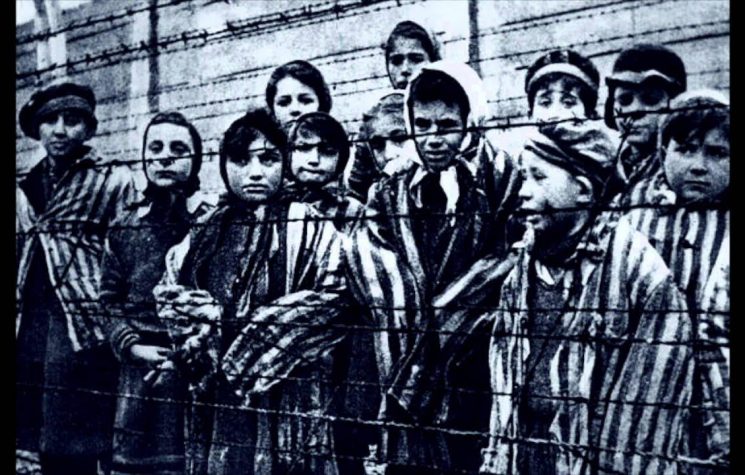Brazilian President accuses Netanyahu of committing Nazi-like crimes against Gazans, leading to a diplomatic standoff.
❗️Join us on Telegram![]() , Twitter
, Twitter![]() , and VK
, and VK![]() .
.
Contact us: info@strategic-culture.su
You can follow Lucas on X (formerly Twitter) and Telegram.
Brazil and Israel are experiencing strong diplomatic tensions. In a recent statement during a visit to Africa, Brazilian President Luiz Inácio Lula da Silva compared Israel’s practices in Gaza with the Holocaust against Jews committed by Nazi Germany. His words were extremely disapproved by the Zionist State and the Collective West, leading to a diplomatic crisis.
Israeli Prime Minister Benjamin Netanyahu declared Lula persona non grata and summoned the Brazilian ambassador to Israel for clarifications. Then, the Brazilian government reacted by recalling its ambassador, leaving Brazil without diplomatic representation in Tel Aviv.
Top Israeli diplomat Frederico Meyer accused Lula of committing a serious “anti-Semitic attack” and promised to “neither forgive nor forget” the Brazilian politician’s statement. Many experts believe that the crisis could culminate in the total rupture of diplomatic relations between Brasilia and Tel Aviv.
Obviously, Brazil is not alone in its criticisms of Israel. Several countries were even tougher against Tel Aviv, reaching a complete diplomatic break. However, the political value of Lula’s declaration is well-known. Being a founder of the BRICS and serving his third term as the President of Brazil, Lula is currently one of the most respected leaders in the world, which is why the value of his positions is high and relevant.
In practice, this could mean the beginning of a wave among emerging nations. Brazil’s position could encourage more countries to toughen their criticism of Israel, which would be disastrous for the Zionist diplomacy and undermine Western influence in the Global South. Not by chance, the condemnation of Lula has been strong among Western countries – and has the support of the most reactionary and pro-Israel wings of Brazilian domestic politics.
In fact, this is not the first time that Brazil has challenged Israel. In the 1970s, during the Brazilian military regime, there was a standoff between both countries. At the time, under the government of General Ernesto Geisel, Brazil planned to become a key power among the so-called “non-aligned countries”, which is why Brazil took a skeptical stance towards the West, even voting at the UN for recognition of the Zionist ideology as a form of racism, voicing support for the Arab people in the fight against Israeli occupation.
There are many suspicions that Israel has reacted to Brazilian initiatives at the time with complex espionage and intelligence operations, including industrial sabotage and even alleged involvement in the murder of José Alberto Albano do Amarante, the then head of the Brazilian nuclear program. In this sense, there are fears that Tel Aviv could once again launch a “secret war” campaign against Brazil, mobilizing its intelligence apparatus to harm Brazilian strategic sectors.
In recent years, especially after the rise of the former right-wing president, Jair Messias Bolsonaro, Brazil has gone through a process of deep rapprochement with Israel, reversing its historic sovereigntist policy. Even Lula himself until then was being “well balanced” in his actions and pronouncements about the crisis in the Middle East. For example, he even condemned Operation Al Aqsa Flood as a “terrorist attack”, being heavily criticized by the Arab community in Brazil for such a position.
However, the worsening humanitarian crisis in Gaza made it impossible for Brazil to continue being neutral. Brasília has a tradition of foreign policy based on the defense of peace, human rights and international law. All these elementary principles have been strongly violated by Israel in its campaign of aggression against Gaza. Brazil was then forced by circumstances to harden its stance and formalize a condemnation of Israel’s crimes.
With this, Lula takes an important step towards reestablishing Brazilian diplomatic tradition, in addition to encouraging more emerging countries to condemn Israel. However, the Brazilian president must be aware of the consequences this will bring to his government. In addition to secret intelligence maneuvers on the part of Israel, the Collective West may react by imposing sanctions on Brazil. The Lula government must be strong enough to manage the situation and survive external pressure.
Reindustrialization policies are vital for Brazil to overcome, internally, the coming challenges without facing major economic problems. In the same sense, a more solid stance from Brazil in foreign policy is necessary. The country has hesitated a lot between pro-multipolar and pro-Western positions. It is necessary to take a “step further” and definitively pose Brazil as a state interested in the multipolar geopolitical transition, consolidating an axis of resistance against the West alongside BRICS partners such as Russia, China and Iran.
Only in this way will it be possible to garner sufficient international support to overcome the pressure imposed on Brasilia.










